Slowest ODI Century in cricket is often a rare feat, as we typically associate One Day International (ODI) cricket with fast-paced and aggressive batting. However, there have been occasions when players have taken their time to reach this milestone, proving that patience can be just as crucial in the game.
Here’s a look at the top 10 players with the slowest ODI century in men’s cricket history, where patience and strategy trumped speed and flair:
10. David Boon – 146 Balls
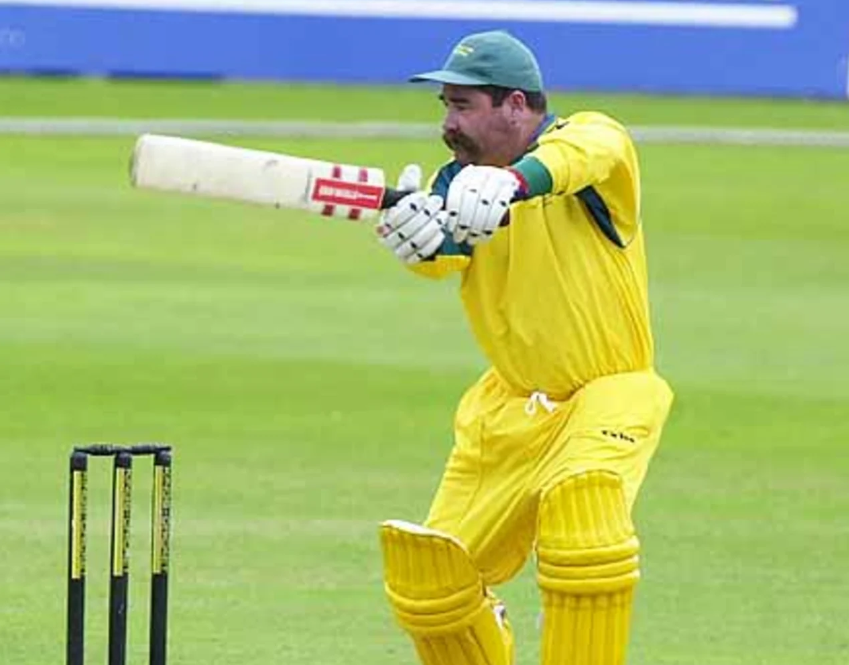
David Boon makes the list once again with a slowest ODI century scored off 146 balls. This innings reinforced his reputation as a batsman who could grind out runs under pressure, ensuring his team’s innings was well-structured.
ALSO READ: Who is the Owner of RCB?
9. Shai Hope – 149 Balls

West Indian opener Shai Hope’s patient 149-ball century is a modern example of the slowest ODI century. Known for his classical technique, Hope’s innings often act as a sheet anchor for his team, providing stability in crucial matches.
8. David Hemp – 150 Balls
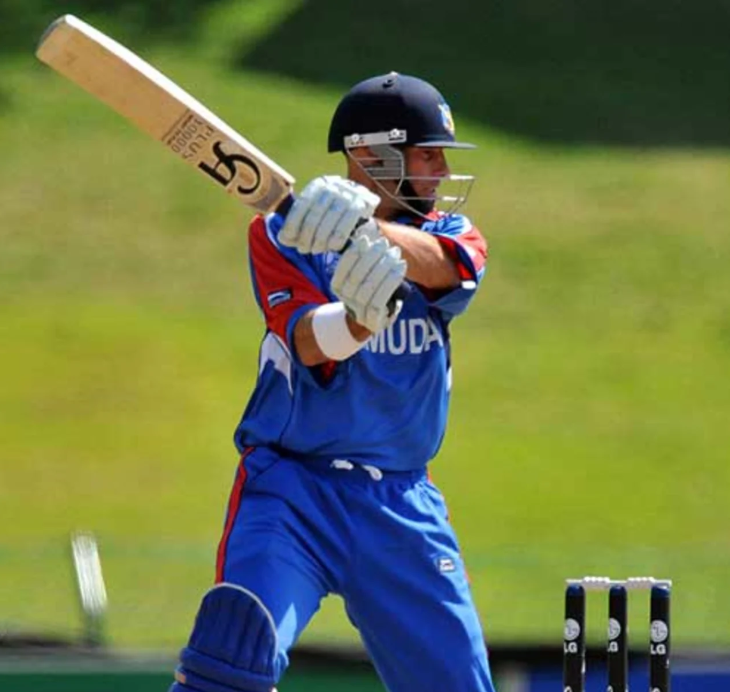
David Hemp, representing Bermuda, scored his century in 150 balls against Kenya. This innings not only highlighted his personal achievement but also put Bermuda on the cricketing map. Hemp’s determination was an inspiration for smaller cricketing nations.
7. Geoff Marsh – 150 Balls
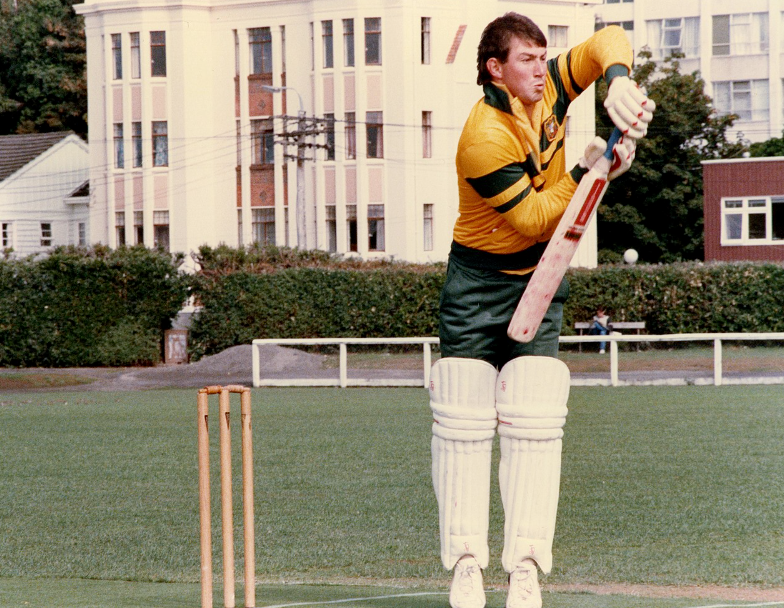
Geoff Marsh features again on this list with a century off 150 balls. His knack for playing lengthy innings under pressure made him one of Australia’s most dependable batsmen during the 1980s and early 1990s.
6. Tom Cooper – 151 Balls
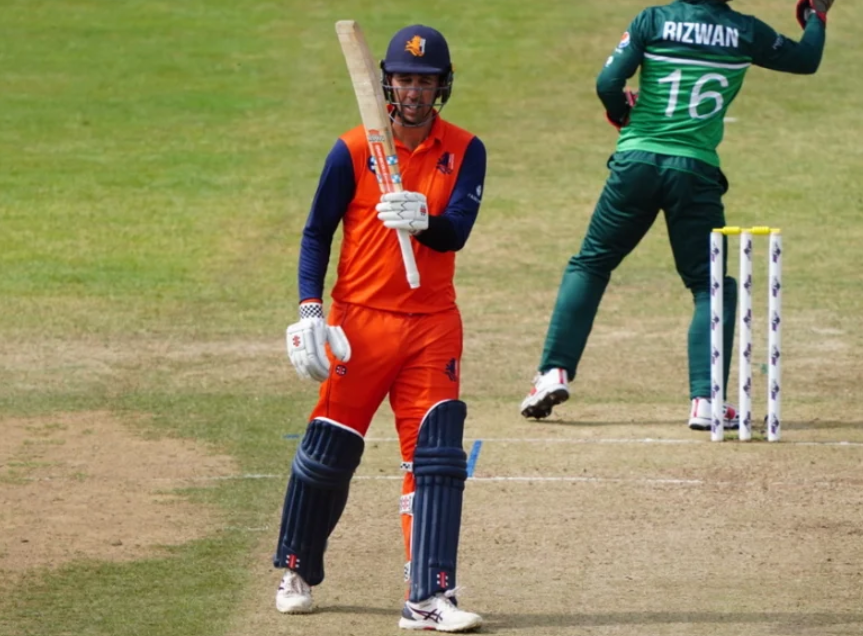
Tom Cooper, representing the Netherlands, achieved his slowest ODI century in 151 balls. This innings was a testament to his concentration and skill, as he battled against a strong bowling attack. Cooper’s performance demonstrated the growing competitiveness of associate teams in international cricket.
ALSO SEE: Top 10 World Best Spinners
5. Scott Styris – 152 Balls
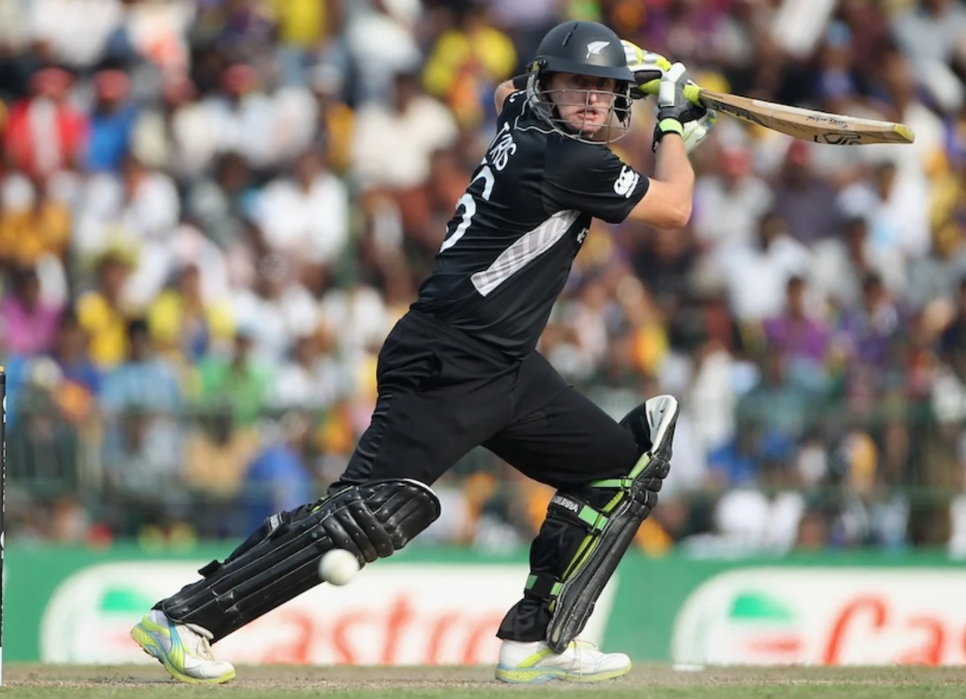
Scott Styris, the New Zealand all-rounder, played one of the slowest ODI centuries, taking 152 balls to reach the landmark. Styris’s innings showcased his ability to read the game and adjust his tempo according to the situation, ensuring his team’s survival in challenging conditions.
4. Rameez Raja – 152 Balls
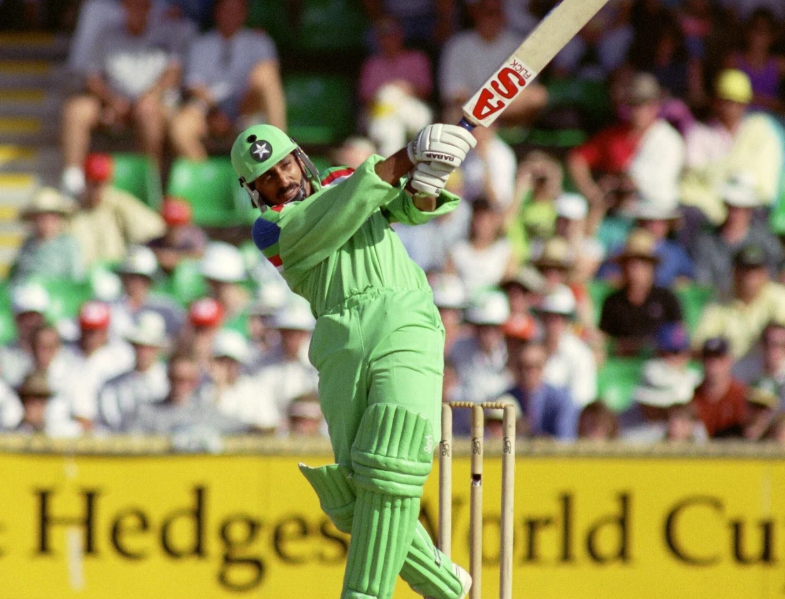
Rameez Raja makes the list again with another slow ODI century, this time taking 152 balls. His ability to adapt to challenging conditions and play a long innings was crucial for Pakistan, especially in situations where early wickets had fallen.
3. Geoff Marsh – 156 Balls
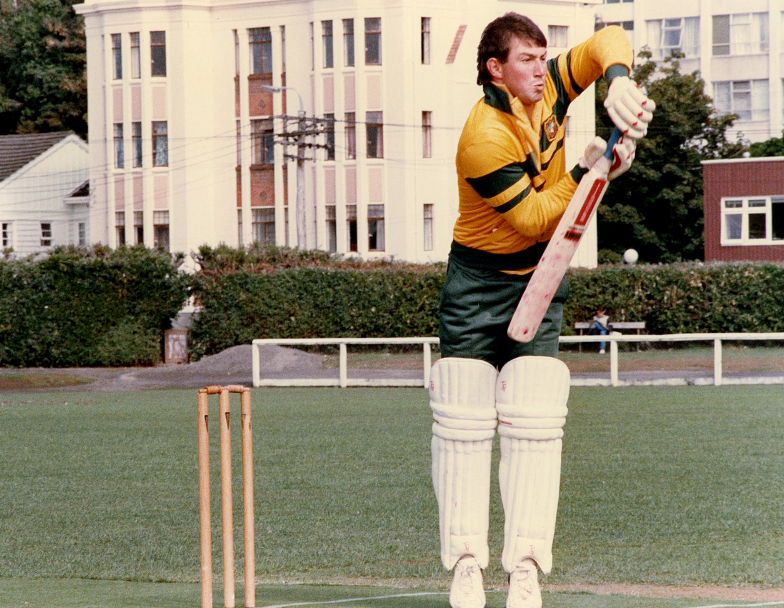
Another Australian, Geoff Marsh, takes third place with his slow ODI century scored off 156 balls. Marsh’s innings highlighted his focus and resilience, characteristics that defined his batting style. Such innings often served as the backbone for Australia’s ODI successes during his era.
READ MORE: Top 10 Most Controversial Umpiring Decisions that Changed Cricket History
2. Rameez Raja – 157 Balls
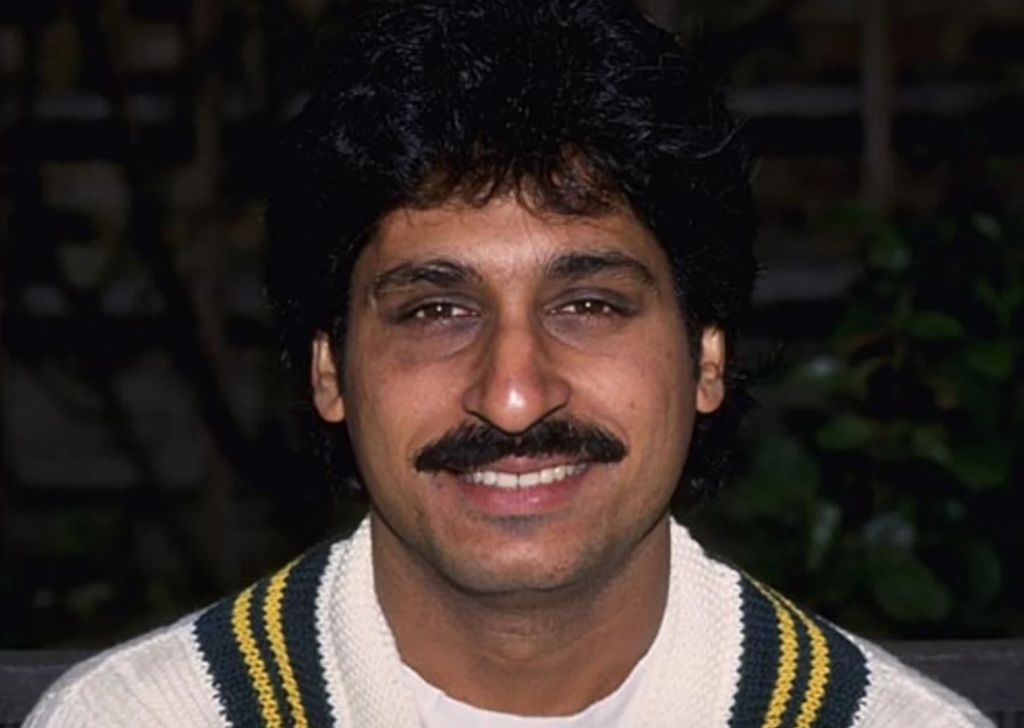
Rameez Raja, a former Pakistani opener, played an innings of grit and determination when he scored a slow ODI century off 157 balls. This slow hundred came during a crucial match where Pakistan needed stability at the top. Raja’s cautious approach helped his team stay in the game.
1. David Boon – 166 Balls
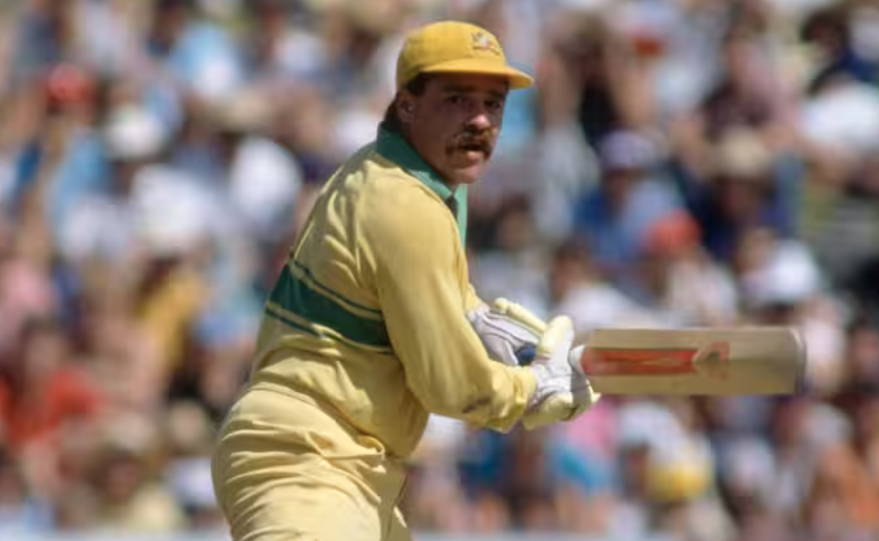
Australian batting legend David Boon holds the record for the slowest ODI century. He achieved this milestone in 166 balls during a match against India in 1991. Known for his solid technique, Boon anchored the innings, ensuring his team had a stable platform. This innings reflects a time when building partnerships was prioritized over strike rates.
Slowest ODI Centuries
| Rank | Player | Balls Faced | Opponent | Year |
|---|---|---|---|---|
| 1 | David Boon | 166 | India | 1991 |
| 2 | Rameez Raja | 157 | – | – |
| 3 | Geoff Marsh | 156 | – | – |
| 4 | Rameez Raja | 152 | – | – |
| 5 | Scott Styris | 152 | – | – |
| 6 | Tom Cooper | 151 | – | – |
| 7 | Geoff Marsh | 150 | – | – |
| 8 | David Hemp | 150 | Kenya | – |
| 9 | Shai Hope | 149 | – | – |
| 10 | David Boon | 146 | – | – |
These innings remind us that cricket isn’t always about big hits and quick runs. Sometimes, patience and perseverance are just as important for success in this beloved sport, especially when it comes to achieving the slowest ODI century.
SEE MORE:




